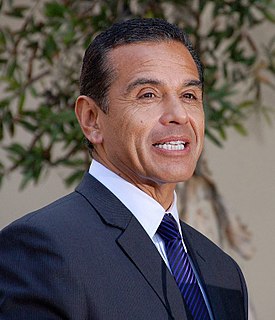A Quote by Marie-Antoine Careme
to "set the standard for beauty in classical and modem cookery, and attest to the distant future that the French chefs of the 19th century were the most famous in the world.
Related Quotes
I was really interested in 20th century communalism and alternative communities, the boom of communes in the 60s and 70s. That led me back to the 19th century. I was shocked to find what I would describe as far more utopian ideas in the 19th century than in the 20th century. Not only were the ideas so extreme, but surprising people were adopting them.
It's a historical thing, up to the 19th century the English hated the French. Then in the 20th century the English started to hate the Germans - as we began to move alphabetically through the map of the world. Now, the year 2000, we are fine with the Germans... but the Hungarians are pissing us off.
After all, in both languages we were dealing in large measure not with English and French, but with Scots and Irish, Bretons and Normans ... There could be no more eloquent illustration of the colonial mind-set than a bunch of Celts and Vikings in a distant northern territory insulting each other as les Anglais and the French as if they were the descendants of the people who had subjected and ruined them.
The French are not rude. They just happen to hate you. But that is no reason to bypass this beautiful country, whose master chefs have a well-deserved worldwide reputation for trying to trick people into eating snails. Nobody is sure how this got started. Probably a couple of French master chefs were standing around one day, and they found a snail, and one of them said: 'I bet that if we called this something like `escargot,' tourists would eat it.' Then they had hearty laugh, because 'escargot' is the French word for 'fat crawling bag of phlegm.'
A romantic or classical view of the French approach would have been to say, 'It's a French company; let no one attack it. Let's block any merger. But the reality is Alcatel-Lucent is not a French company; it's a global company. Its main markets are China and the U.S. Its ownership is foreign; most of its managers aren't French.

































